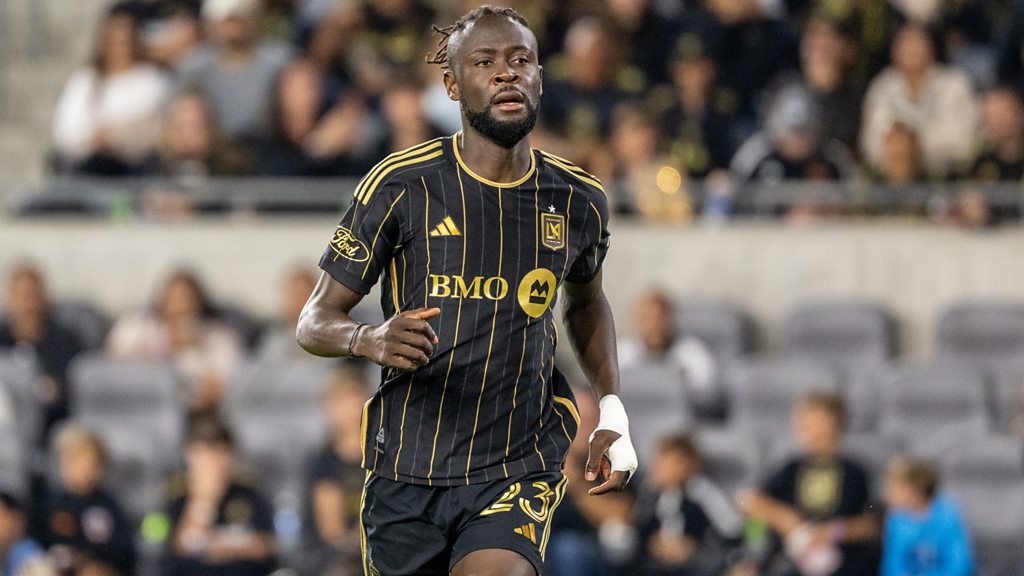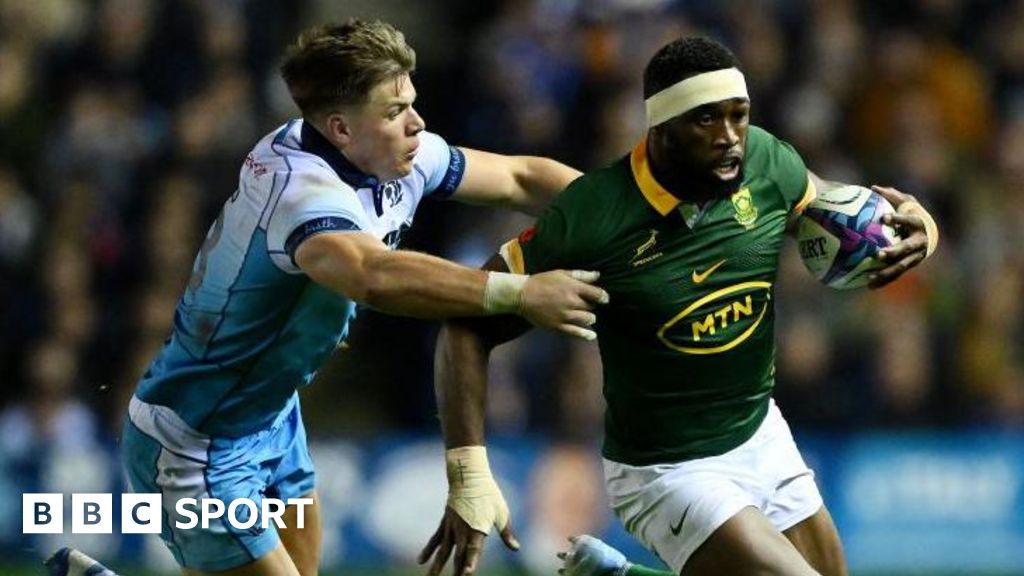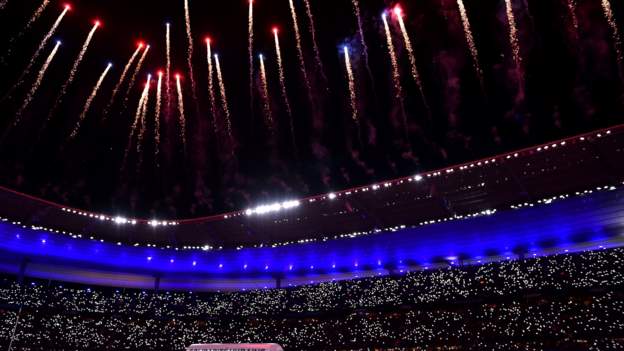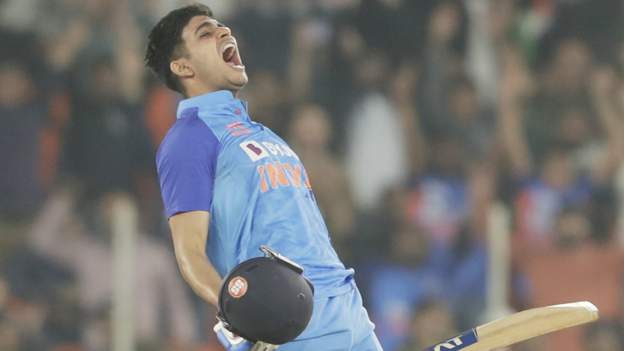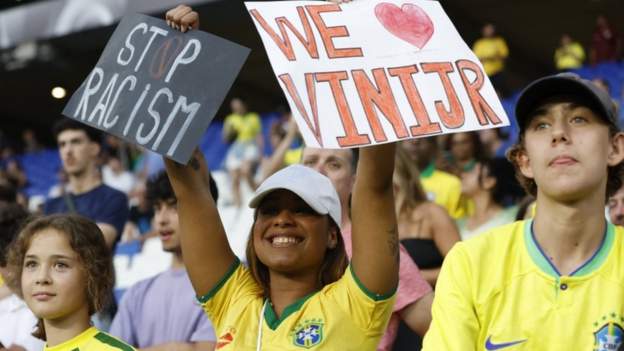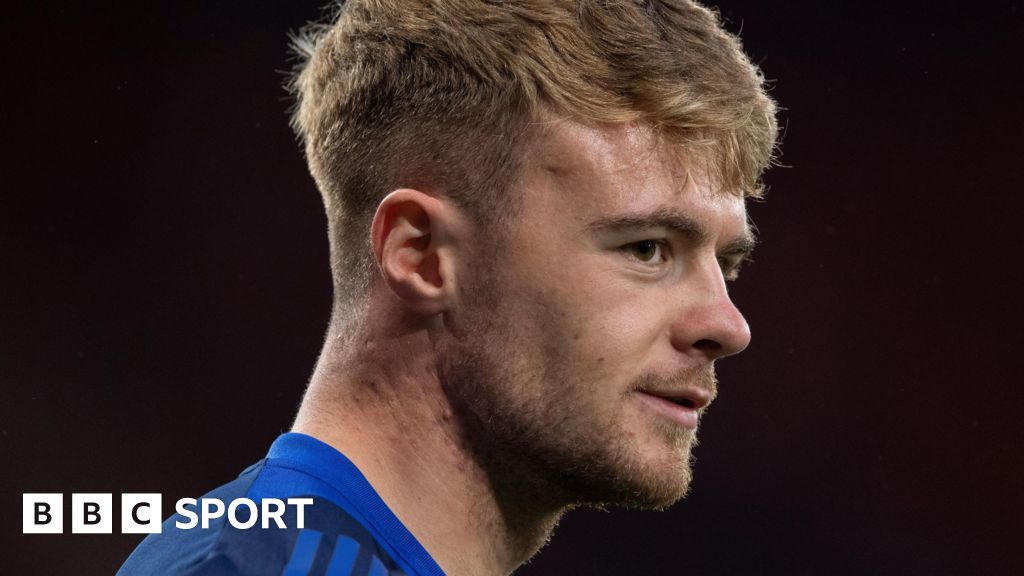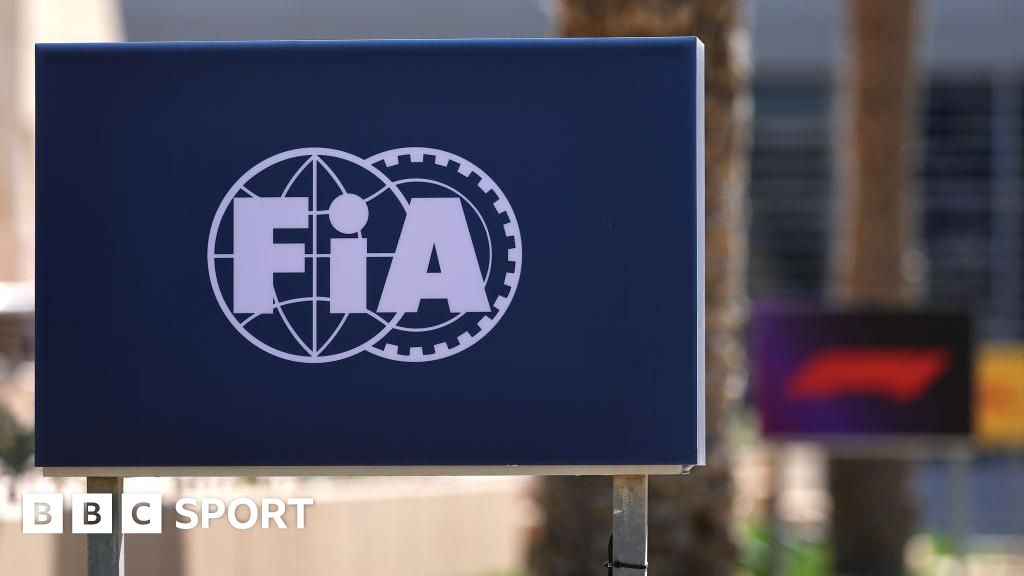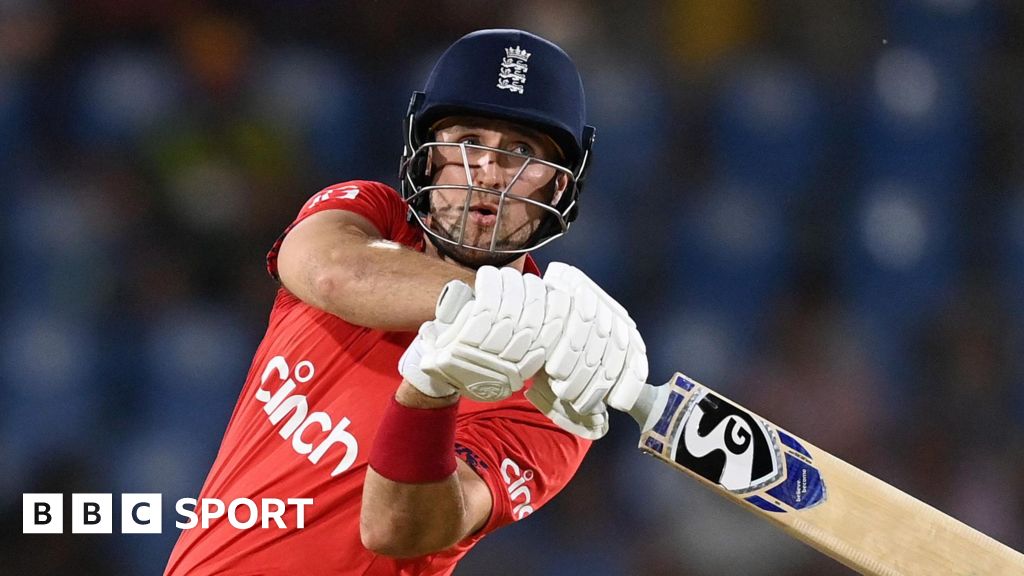| Venue: Twickenham Stadium Date: Saturday, 4 February Kick-off: 16:45 GMT |
| Coverage: Listen on BBC Radio 5 Live; follow live text commentary on the BBC Sport website and app. |
For rugby union administrators across the northern hemisphere, the Six Nations cannot come soon enough.
The Welsh Rugby Union’s future is at stake after allegations of sexism, racism and misogyny.
The Scottish Rugby Union has been criticised over its handling of the death of former international Siobhan Cattigan.
The French Federation president Bernard Laporte has stood down after being found guilty of corruption.
A lot of these issues are bigger than a game; five rounds of matches, however compelling, won’t solve the problems.
But the forthcoming Six Nations will highlight rugby’s glaring juxtaposition. For a game veering from one existential crisis to the next – whether over safety, governance, or finance – it also puts on one of the greatest shows in sport.
“We have some challenges and we have got the responsibility to the future generation of this sport to do the right thing,” says England head coach Steve Borthwick.
As rugby union desperately seeks to modernise – Netflix documentaries, smart balls, shot clocks, law innovations, governance, culture – the next seven weeks will see the game celebrate its traditions and revel in its history.
Because there is nothing like the Six Nations. Where else do the four home nations do sporting battle year-on-year, on a level playing field?
Where else do supporters flock in their tens of thousands, week after week, from capital city to capital city?
Whether for sporting reasons, or tradition, history, and rivalry, the Six Nations is unique.
“The best thing about the Six Nations is not so much the rugby – it’s more of an event,” explains the returning Wales boss Warren Gatland.
“Forty per cent of fans can be away supporters. That creates an unbelievable atmosphere.”
Each weekend the matches will be awash with colour and vibrancy, starting in Cardiff on Saturday and culminating in a St Patrick’s Day showdown between Ireland and England in Dublin on the final day.
“The history. The crowds. The passion,” explains Scotland boss Gregor Townsend, when asked what makes the Six Nations special.
“It’s the bragging rights,” adds Gatland.
“In work environments, going in on a Monday when your team has won, you can rub people’s noses in it. It’s what makes this tournament so special.”
While sporting administrators globally are constantly looking to tinker with structure and schedules, Six Nations bosses wouldn’t dare.
“There is no conversation about expanding the Six Nations right now,” insists outgoing chief Ben Morel.
Promotion and relegation? Not a chance. Moving away from the traditional winter-into-spring slot of February and March? ‘If it ain’t broke, don’t fix it’, is the message.
As for the rugby itself? Strap in. Ireland and France are the best two sides in the world, but England will surely be resurgent under their new regime.
Write off a Warren Gatland Wales at your peril, especially at Principality Stadium. Scotland are settled and hold the Calcutta Cup. Italy beat Wales and Australia in 2022.
“You’ve got the top two teams in the world, a Scotland team that should have beaten New Zealand in the autumn, then you see an Italian side that looks the strongest I’ve seen,” says Borthwick.
“We’ve got the number one and the number two teams in the world in our competitions,” adds Townsend.
“That would have never happened before. As a coach, you just can’t wait for this tournament. It is the biggest thing we have in our game.”
There will be controversy, with refereeing, tackle technique and foul play under the microscope. Debate will rage over selections, tactics and game plans. Parochial rivalries will spill into bitter social media warfare.
But amid all the game’s problems – some small, some large, some solvable, some less so – for two months, rugby union will go back to the future to remind supporters of its enduring appeal.



